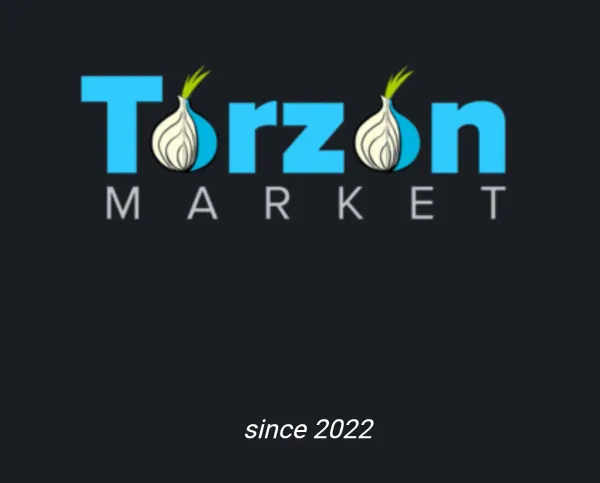StickTock: A New Open-Source Privacy Frontend for TikTok
TikTok has sparked debates on privacy, national security, and government censorship. StickTock, a new open-source platform, offers a privacy-focused way to access TikTok content without engaging with its data-collection ecosystem.

For the record, I despise TikTok; that said, the same is true for McDonalds; however, I don't think the government, which is filled with pedophiles and habitual liars, has any moral authority to dictate what people have access to.
The conversation around TikTok has been fraught with concerns about data privacy, national security, and the broader implications of allowing governments to restrict access to certain platforms. In the midst of this, a new open-source project, StickTock, has emerged, providing users with an alternative way to interact with TikTok content without compromising privacy.

StickTock, developed by PrivacySafe, is a free and open-source frontend for TikTok. It allows users to watch TikTok videos without engaging directly with the platform’s data collection ecosystem. By simply pasting a TikTok video URL into the StickTock interface or replacing "tiktok.com" with "sticktock.com" in any video URL, users can access the content without exposing their information to TikTok’s algorithms. StickTock also goes a step further by offering an onion address for those who wish to use it via Tor, emphasizing its commitment to anonymity and censorship resistance.
Its onion URL is: b7vypdv52igjfg7vwhlofny45koaa4ltletx67ranlwfotiiqwza2eyd.onion
Its clearnet URL is: https://sticktock.com/
Its github URL is: https://github.com/PrivacySafe/sticktock
This project stands out because it directly challenges TikTok’s data practices while addressing broader concerns about government overreach in banning platforms. The privacy-focused approach appeals to those wary of TikTok’s potential misuse of user data, especially given its ties to ByteDance, a company based in China. The platform’s reliance on open-source transparency also gives users confidence in how their data is being handled—or rather, not handled at all.
The rise of StickTock is also a direct response to the ongoing debates about banning TikTok in the United States. Proponents of such bans often cite national security concerns, pointing to China’s potential access to TikTok’s data. However, critics argue that such bans are less about security and more about normalizing government control over online information. They see this as a test of how far authorities can go in restricting access to platforms under the guise of protection.
Privacy-focused tools like StickTock not only provide a workaround but also highlight the hypocrisy of targeting TikTok while overlooking similar issues with other tech giants. Companies like Facebook, Google, and countless others are notorious for their invasive data practices, yet they face no comparable bans. The real issue lies in the lack of robust data privacy laws, which allow these platforms to monetize user data with little oversight.
Additionally, the argument that TikTok should be banned because Western social media platforms are banned in China misses the point. Emulating authoritarian practices does not strengthen democracy; it weakens it. In fact, the United States is not even a democracy in the traditional sense—it is a constitutional republic. This distinction makes the argument even less relevant. Rather than retaliating with censorship, the focus should be on fostering transparency and protecting individual rights through strong privacy laws.
There’s also a broader philosophical question: should the government be allowed to dictate what apps or sites are "safe" for its citizens to use? Historically, governments that have taken this path have used the guise of protection to tighten their grip on power. For instance, authoritarian regimes have frequently limited access to information to suppress dissent and control narratives. Even when intentions seem benign, the precedent of restricting access to platforms sets a dangerous foundation for future abuses.
Moreover, people who support such bans often fail to acknowledge that data collection is not unique to TikTok. Numerous apps track user behavior, and much of this data is sold on the open market. Foreign entities, including adversaries, can easily purchase this information without needing to develop their own platforms. Banning TikTok does nothing to address this underlying issue and instead creates a false sense of security while ignoring the pervasive nature of data exploitation.
StickTock represents a powerful alternative for those seeking to engage with TikTok content without participating in its data-driven ecosystem. It’s also a reminder that technical solutions can outpace government-imposed restrictions, demonstrating that censorship is not the answer to privacy concerns. Tools like StickTock empower users to take control of their online experience while sending a clear message: the solution to invasive platforms is not banning them, but creating systems that protect freedom, privacy, and access to information.




